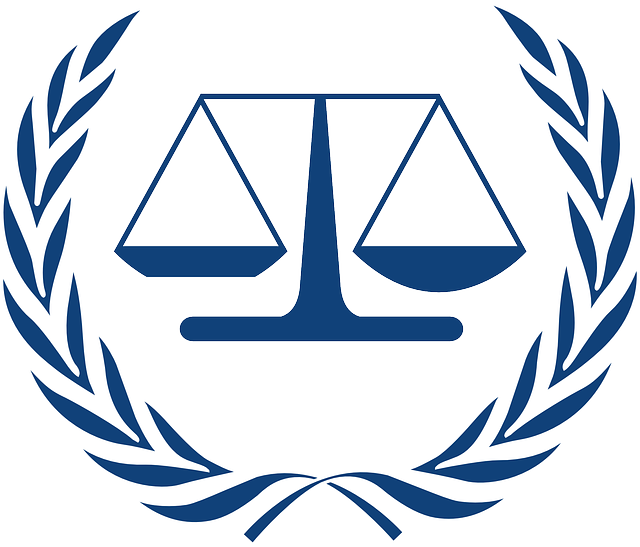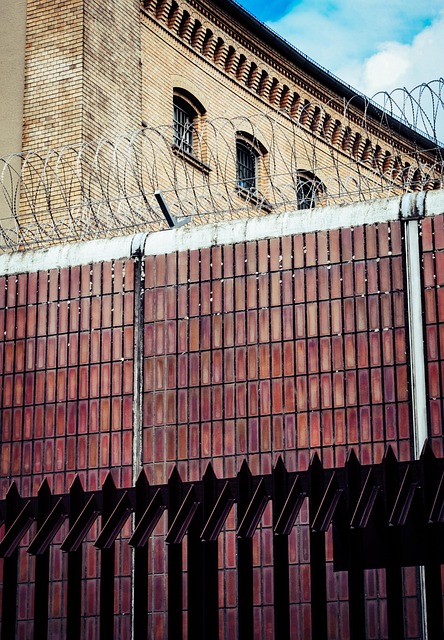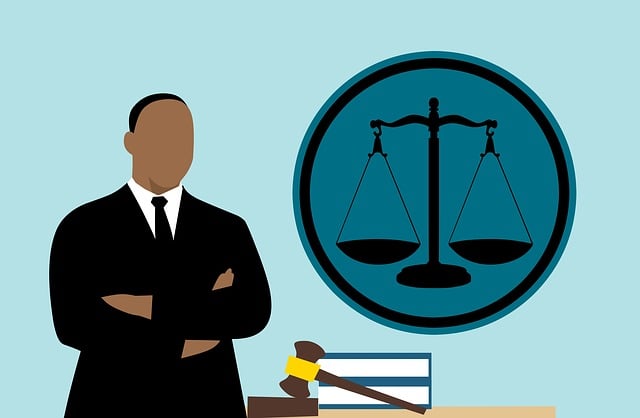Youth Justice focuses on fair and balanced treatment for young offenders with DUI charges, especially those facing severe Immigration Consequences of DUI Convictions, like deportation and family separation. This issue is complex due to strict immigration laws treating DUI as a serious crime. The text highlights the long-term impact on vulnerable youth from immigrant backgrounds, disrupting education, employment, and social integration. Challenges include language barriers, limited legal resources, and cultural misunderstandings. Reform efforts advocate for equitable policies, tailored legal support, and awareness campaigns to minimize harsh sentences and disparities, promoting rehabilitation and positive outcomes for all youths, regardless of immigration status.
“In the realm of youth justice, ensuring fair treatment is paramount, especially for young immigrants facing complex challenges. This article explores the intricate relationship between immigration and DUI convictions, delving into their profound impact on vulnerable youth. We analyze the current system’s shortcomings in addressing these issues and highlight advocacy efforts pushing for reform. By examining these factors, we aim to emphasize the importance of equitable outcomes for youth, particularly those navigating immigration consequences of DUI convictions, ultimately fostering a more just and compassionate approach.”
- Understanding Youth Justice and Fair Treatment
- Immigration and DUI Convictions: A Complex Relationship
- The Impact on Young Immigrants
- Challenges in the Current System
- Advocacy and Reform Efforts
- Moving Towards Equitable Outcomes for Youth
Understanding Youth Justice and Fair Treatment

Youth Justice, in its essence, is about ensuring that the justice system treats young people fairly and proportionally to their offences. This is particularly crucial when addressing issues like DUI (Driving Under the Influence) convictions, especially for immigrants. In many jurisdictions, youth are not only protected by laws designed to offer leniency due to their age but also by policies aiming for rehabilitative rather than punitive measures.
The Immigration Consequences of DUI convictions for young people can be severe and far-reaching, particularly for those without citizenship. These may include deportation, denial of re-entry, and separation from families. Thus, a balanced approach is required—one that considers both the need to hold youth accountable for their actions and the potential long-term implications on their lives, especially when they are also navigating immigration status.
Immigration and DUI Convictions: A Complex Relationship

The relationship between immigration and DUI convictions is complex, presenting unique challenges for young people caught in this legal quagmire. In many jurisdictions, a DUI offense can have severe Immigration Consequences, especially for non-citizen youth. These consequences may include deportation or removal proceedings, which can disrupt their education, future prospects, and family lives. The complexity arises from the fact that immigration laws often treat DUI as a serious criminal infraction, leading to harsher penalties for immigrants, even first-time offenders.
This intersection of legal systems requires careful navigation. Young people with immigrant backgrounds may face additional barriers in seeking fair treatment due to language differences, cultural misunderstandings, and limited access to legal resources. As such, it’s crucial for justice systems to ensure sensitivity towards these issues, provide appropriate support, and promote understanding of the specific challenges faced by young immigrants accused of DUI offenses.
The Impact on Young Immigrants

For young immigrants, the consequences of a DUI conviction can be significantly more severe and long-lasting. This is largely due to their vulnerable position in society and the immigration system. A DUI charge can lead to deportation, which not only separates them from their families but also cuts off opportunities for education and employment that are crucial for their future. The impact extends beyond legal penalties; it can disrupt their social integration and limit their access to essential services.
Immigration consequences of DUI convictions create a unique challenge for young immigrants who may struggle with the complexities of navigating both criminal and immigration systems. These individuals often face an uphill battle to regain their rights and rebuild their lives, especially when they are already facing barriers related to language, culture, and limited resources. Fair treatment requires understanding these challenges and implementing support systems that address the unique needs of young immigrants facing DUI charges.
Challenges in the Current System

The current youth justice system faces significant challenges, especially when addressing issues related to fair treatment and equity. One pressing concern is the disproportionate impact on marginalized communities, including immigrants. Youth from immigrant backgrounds are often at a higher risk of encountering biased treatments within the legal system, particularly in cases involving DUI (Driving Under the Influence) convictions. The Immigration Consequences of DUI Convictions can be severe, leading to prolonged detention, deportation, and barriers to reintegration into society. These harsh outcomes disproportionately affect young people from diverse ethnic and cultural backgrounds, perpetuating a cycle of disadvantage.
The complexities arise from the fact that immigrant youth may face additional challenges, such as language barriers, lack of legal representation, and cultural differences in understanding the justice system. As a result, they might not receive the necessary support or advocacy during their legal proceedings, further exacerbating existing disparities. Addressing these issues requires comprehensive reforms to ensure that the youth justice system is fair, inclusive, and sensitive to the diverse needs of all young people involved.
Advocacy and Reform Efforts

Advocacy and reform efforts play a pivotal role in ensuring fair treatment within youth justice systems, particularly regarding the immigration consequences of DUI convictions. Organizations and legal advocates have been working tirelessly to address the disparities faced by young individuals, especially those from immigrant backgrounds, who are caught up in the criminal justice system. These efforts aim to challenge discriminatory practices and advocate for equitable policies.
One significant aspect is raising awareness about the potential immigration repercussions of a DUI offense. Many youth, unaware of these consequences, may face deportation or extended legal detention. Advocacy groups educate both the affected individuals and their families on their rights and available resources. By organizing campaigns, workshops, and community outreach programs, they strive to empower young people to make informed decisions and navigate the complexities of the justice system. This proactive approach seeks to minimize the long-term impact of DUI convictions on a youth’s immigration status and overall future prospects.
Moving Towards Equitable Outcomes for Youth

Moving towards equitable outcomes for youth justice is a crucial step in ensuring fair treatment, especially for those facing immigration consequences of DUI convictions. In many cases, young individuals with limited resources and little understanding of their rights end up bearing the brunt of strict legal penalties. This often includes heavy fines, community service, and even jail time, which can significantly impact their future prospects.
Equitable outcomes mean providing appropriate legal support and education to prevent harsh sentences and reduce disparities in youth justice. It involves addressing the unique challenges faced by young people, particularly those from diverse backgrounds, including immigrants. By offering tailored assistance and alternatives to traditional punishments, we can foster a more just system that promotes rehabilitation and supports positive long-term outcomes for all youths, regardless of their immigration status or prior offenses.
Youth justice aims to ensure fair treatment for all, especially considering the unique challenges faced by young immigrants. The article has explored how immigration and DUI convictions are intricately linked, highlighting their profound impact on this vulnerable population. By understanding these complexities, we can advocate for system reforms to mitigate the adverse consequences of DUI convictions on immigrant youth. It is imperative to move towards equitable outcomes, ensuring that young people, regardless of their background, receive just and supportive treatment within the justice system.






